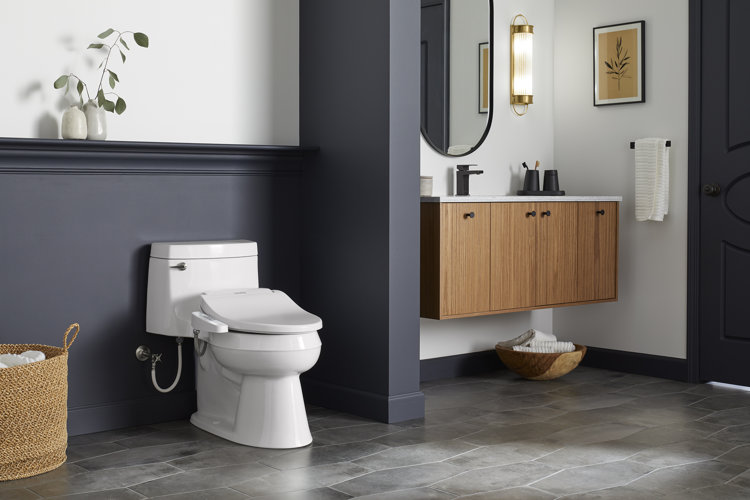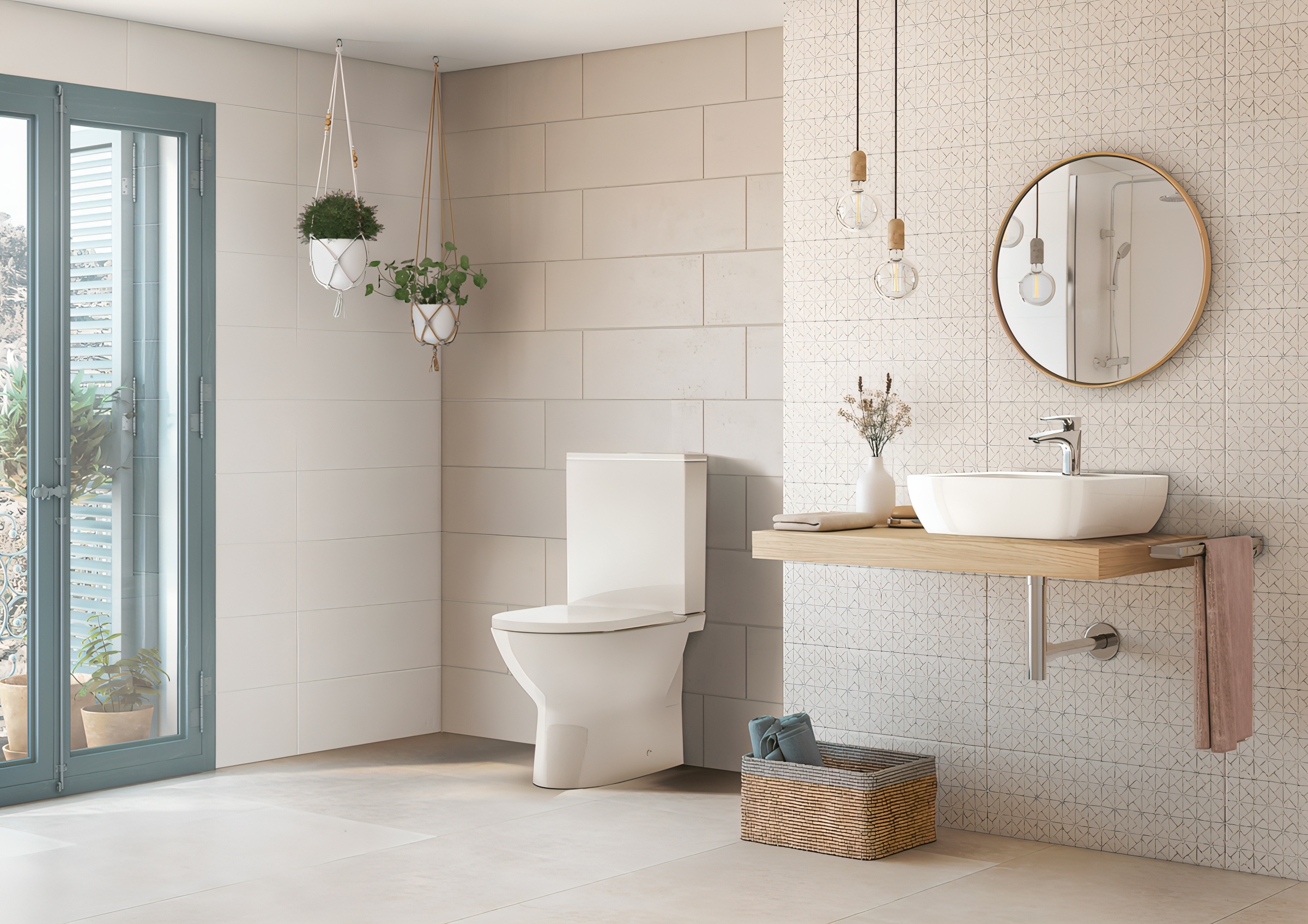In today's rapidly evolving world, the demand for sustainable and eco-friendly solutions is more significant than ever. Among these innovative solutions are portable smart composting toilets, an advancement in sanitation technology that caters to the growing need for environmentally conscious waste management. These toilets not only promote sustainability but also offer convenience and practicality, especially in settings like off-grid homes, RVs, and remote worksites. As the industry continues to innovate, understanding the benefits and functionalities of these systems becomes essential for professionals in the quality assurance sector.
With the increasing awareness about environmental conservation, the sanitation industry is witnessing a paradigm shift. The focus is now on minimizing water usage and reducing waste output. This shift is where portable smart composting toilets come into play, offering an effective alternative to traditional systems. But what exactly makes these toilets 'smart' and 'portable'? Let's delve deeper into their functionalities and benefits.

The Mechanics of Portable Smart Composting Toilets
At the heart of portable smart composting toilets is the process of composting. These systems are designed to convert human waste into compost, a nutrient-rich material that can be used as a soil conditioner. Unlike traditional toilets that consume large amounts of water and flush waste into sewage systems, composting toilets use aerobic bacteria to break down waste, significantly reducing the environmental footprint.
The 'smart' aspect of these toilets often includes features like sensor-driven flush systems, energy-efficient fans for odor control, and digital monitoring of compost levels. These features ensure that the toilets are not only user-friendly but also efficient in their operation. The portability factor allows them to be used in various locations, making them ideal for outdoor events, construction sites, and remote areas.
Advantages of Adopting Portable Smart Composting Toilets
One of the primary advantages of using portable smart composting toilets is their environmental impact. By reducing the need for water and minimizing waste output, these toilets contribute to conserving resources and promoting sustainability. Additionally, the compost produced can be used to enhance soil health, further supporting eco-friendly practices.
Moreover, these toilets offer significant cost savings in the long run. With lower water usage and reduced waste management costs, businesses and individuals can expect to see a decrease in their utility bills. The portability and ease of setup also mean that they can be used in a variety of settings without the need for extensive plumbing infrastructure. For more insights on innovative toilet designs, you can explore innovative outdoor toilets.
Industry Applications and Quality Assurance
For professionals in the industry QA sector, understanding the quality and performance of portable smart composting toilets is crucial. These toilets must meet specific standards to ensure they are safe, efficient, and environmentally friendly. Quality assurance involves rigorous testing of materials, design, and functionality to confirm that the toilets can withstand various environmental conditions and usage scenarios.
In sectors like construction, events management, and outdoor recreation, the demand for reliable and sustainable sanitation solutions is high. Ensuring that these toilets meet industry standards not only enhances their credibility but also boosts consumer confidence. For those interested in learning more about the latest innovations in toilet technology, check out the future of bathroom technology.
Challenges and Considerations
Despite their many advantages, portable smart composting toilets do come with certain challenges. One of the primary concerns is ensuring proper maintenance and operation to avoid system failures and unpleasant odors. Regular monitoring and maintenance are essential to keep the composting process efficient and hygienic.
Additionally, the initial cost of these toilets can be higher compared to traditional systems. However, the long-term savings and environmental benefits often justify the upfront investment. Quality assurance professionals must consider these factors when evaluating the feasibility and performance of these systems in different environments.

Conclusion: Embracing the Future of Sanitation
The rise of portable smart composting toilets marks a significant step forward in the quest for sustainable sanitation solutions. As environmental concerns continue to shape industry trends, these toilets offer an innovative alternative that aligns with modern eco-friendly practices. For industry QA professionals, staying informed about these advancements is crucial to ensuring that quality standards are met and that these systems deliver on their promises of sustainability and efficiency.
As we look toward the future, the integration of smart technology in sanitation systems will likely become more prevalent. By embracing these changes, we can contribute to a cleaner, greener planet while addressing the growing demand for sustainable solutions. If you're interested in exploring more about smart toilet systems, visit RV smart toilet systems for further reading.
Frequently Asked Questions
What makes portable smart composting toilets different from traditional toilets?
These toilets are designed to be eco-friendly, using composting technology to break down waste without the need for water or sewage systems. They are often equipped with smart features like sensors and digital monitors to enhance efficiency and user experience.
Are portable smart composting toilets suitable for home use?
Yes, they are ideal for off-grid homes, tiny houses, and locations with limited access to sewage systems. Their portability and ease of installation make them a versatile choice for various residential settings.
How can I ensure proper maintenance of a portable smart composting toilet?
Regular maintenance involves monitoring the compost levels, ensuring proper ventilation, and following the manufacturer's guidelines for cleaning and upkeep. Proper maintenance is essential to prevent odors and ensure efficient operation.
This article contains affiliate links. We may earn a commission at no extra cost to you.






